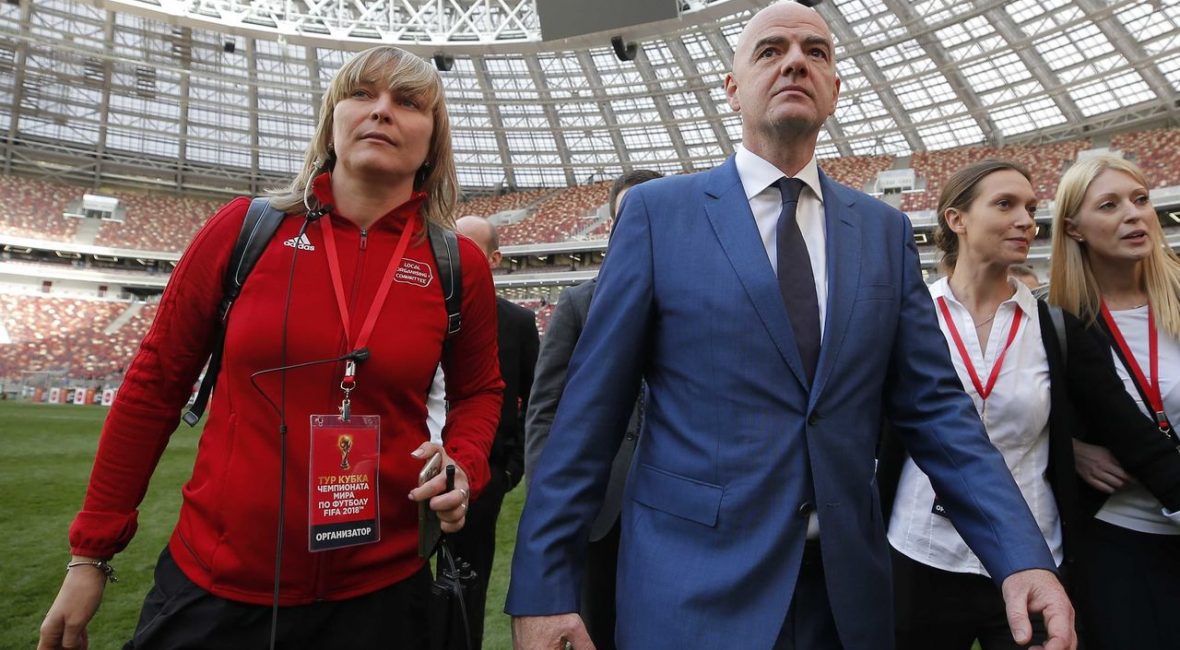Infantino accused of interfering with decision to bar Mutko from FIFA Council

Miguel Maduro was removed as chairman of FIFA’s Governance Committee in May, two months after he refused Vitaly Mutko, Russia’s deputy prime minister, clearance to stand again for the FIFA Council. Ethical concerns about the removal remain.
On Wednesday, during an appearance at the United Kingdom’s Culture, Media and Sport Committee, Maduro claimed that Gianni Infantino, FIFA’s president, personally argued with him over the decision to refuse Mutko.
Maduro asserted that FIFA’s Governance Committee was implementing FIFA’s own rule of being politically neutral and keeping national associations free from government interference, but Infantino argued that the rule shouldn’t apply to Mutko. The Portuguese politician said that Fatma Samouza, FIFA’s secretary general, along with Tomaz Vesel, the chairman of FIFA’s Audit and Compliance Committee, then flew to Brussels and called him to say that FIFA’s president had asked him to leave.
“The secretary general made it clear (the Mutko decision) was extremely problematic and we needed to find a solution to declare Mr. Mutko eligible,” Maduro said, according to the Guardian’s David Conn. “She said that the World Cup would be a disaster and that as a consequence the continued presidency (of Infantino) would be in question.”
Maduro declared that he was “very clear” in his response, saying that FIFA’s Governance Committee was following the rules on being politically neutral and exercising independent judgment. Infantino subsequently sent an email to the committee to uphold its conclusion, arguing that the rule was being misapplied.
“The president expressed great concern with that decision,” Maduro stated.
When asked about Infantino’s attitude, the reforms, and whether he believed that his stance on Mutko led to his removal, Maduro answered by saying that he “never talked” to FIFA’s president again, and told the MPs in attendance of how football’s governing body is “extremely resistant to independent scrutiny, transparency, and accountability.”




